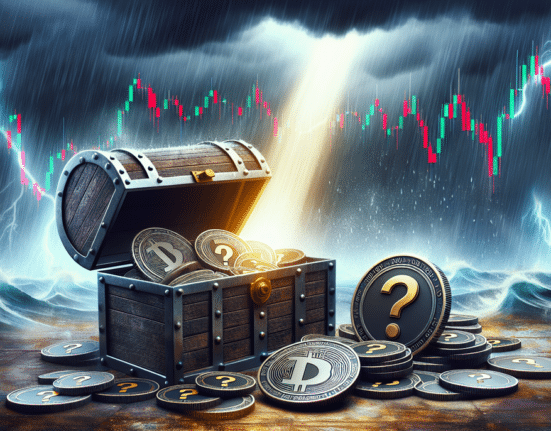Terra’s demise in May of last year startled the cryptocurrency community. Once a good ecosystem, Terra has seen its worth plummet from $40 billion to virtually nothing.
According to investigations, former CEO Do Kwon was at the heart of a massive fraud scheme. South Korean police have been working to retrieve illegal cash associated with Kwon and his pals since then.
Unfortunately, the officials’ attempts have run against a number of stumbling difficulties. The former CEO reportedly converted most of his assets into Bitcoin via offshore crypto exchanges, rendering most of his assets unrecoverable.
Despite this, authorities have identified 414.5 billion won ($314.2 million) in illegal assets linked to Kwon, roughly $70 million directly related to the former top executive.
Meanwhile, South Korean authorities have informed Binance, the world’s largest cryptocurrency exchange, that Do Kwon cannot withdraw any funds. They have requested that any wallets associated with Kwon be frozen.
Furthermore, prosecutors have confiscated the dwellings and other assets of former Terra executives to prevent them from selling an item that may be tied to legal concerns.
Do Kwon escaped detection for over a year despite an arrest order and an Interpol red alert against his name until being captured in Montenegro on March 23 while attempting to travel using counterfeit passports.
However, he may face passport fraud charges in Montenegro, which may hamper South Korea’s extradition efforts. South Korea and the United States have asked for Do Kwon’s extradition, and he is facing criminal charges in both countries.
An Interpol Red Notice is a request to law enforcement worldwide to locate and temporarily detain someone who is wanted by a national jurisdiction for extradition or prosecution. It is considered one of the highest and most urgent Interpol warnings and is issued at the request of a member nation.
The notice includes information on the individual wanted, such as their name, photo, and a description of the suspected crime for which they are wanted. If a Red Notice is issued, Interpol member countries can take measures to apprehend and extradite the subject.
A Red Notice, however, is not an arrest warrant and does not oblige member states to capture the suspect. Nonetheless, it is an effective instrument for international law enforcement collaboration.
The fall of Terra has had far-reaching consequences for the Bitcoin industry. The Terra 2.0 network has garnered little attention, and its LUNA token is presently trading at $1.27, a long cry from its peak of over $20. Terra currency has been renamed Terra Luna Classic, LUNC, now worth $0.00012. Terra Classic USD is the new name for the Terra stablecoin. (USTC). It is, however, practically extinct, with a value of only $0.02.
The Terra crash and subsequent inquiry have highlighted the risks associated with the Bitcoin industry. The South Korean authorities’ efforts to recover ill-gotten profits from Do Kwon and his associates demonstrate their will to tackle fraud and other similar crimes.
Nonetheless, their troubles illustrate the need for more regulation and oversight in the Bitcoin business.















